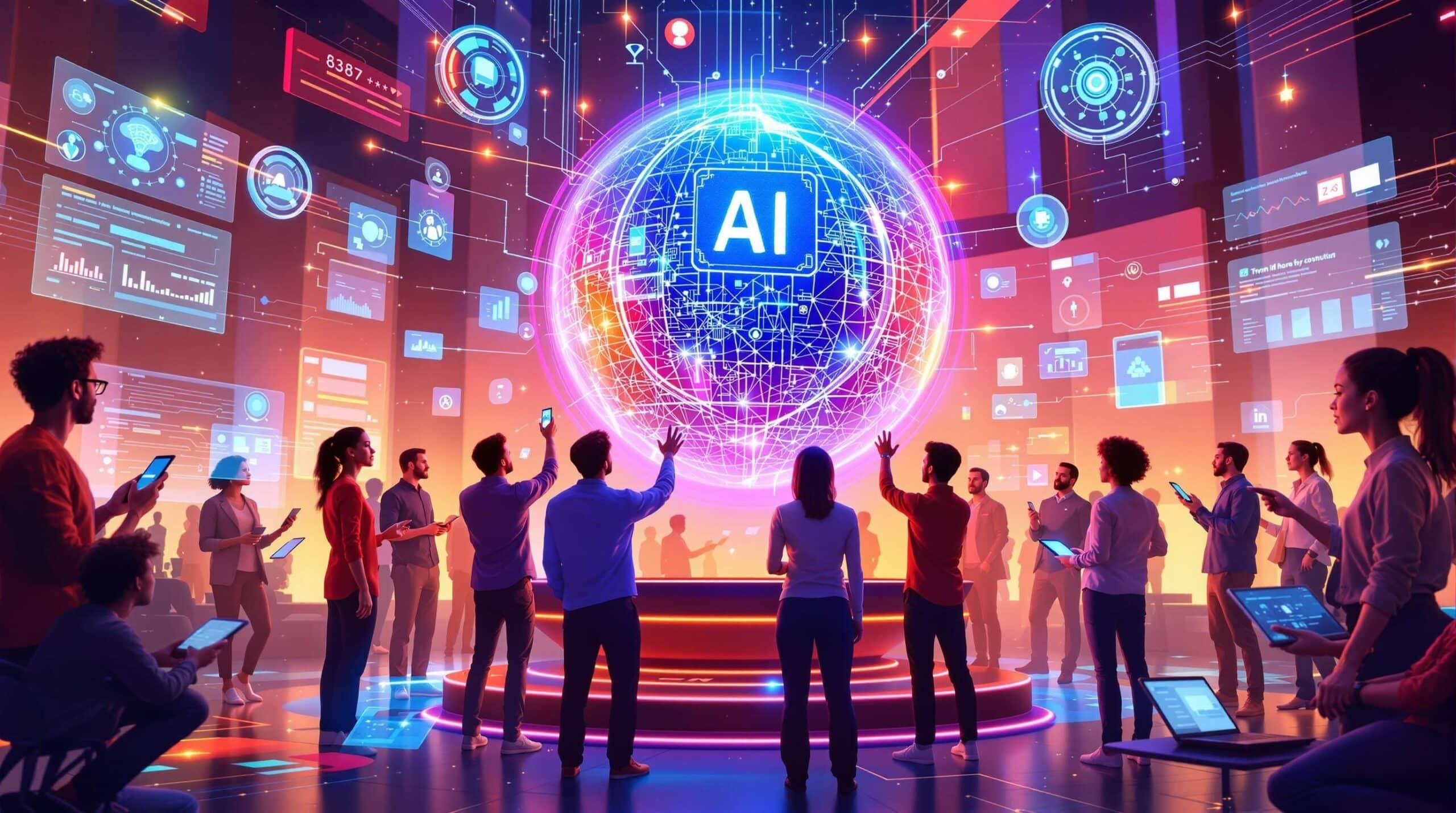The Rise of AI Tutors: Exploring Key Benefits and Overcoming Top Challenges
Artificial Intelligence is rapidly transforming the world of education—and one of its most meaningful innovations is the emergence of AI tutors. As digital learning technology advances, AI-based tutoring platforms are offering tailored educational experiences at a scale previously unimaginable. In this extensive guide, we’ll delve into the rise of AI tutors, uncover their pivotal benefits, highlight real-world success stories, and discuss the top challenges faced in their adoption. If you’re curious about how artificial intelligence in education can reshape learning for students worldwide, you’re in the right place.
What Are AI Tutors?
AI tutors are intelligent software systems powered by artificial intelligence and machine learning algorithms. They are designed to assist students in various subjects by providing instant feedback, personalized lesson plans, and adapting instructions based on the learner’s progress. These platforms can function as standalone tools, complement classroom teaching, or provide one-on-one tutoring experiences from the comfort of home.
Key Benefits of AI Tutors in Modern Education
Harnessing the power of AI tutoring solutions brings numerous advantages over traditional educational models. Let’s examine the primary benefits:
- Personalized Learning Experience: AI tutors analyze individual strengths, weaknesses, and learning styles to deliver customized lessons. This tailored approach maximizes student engagement and knowledge retention.
- 24/7 Availability: Unlike human tutors, AI-based systems can support learners at any time and from anywhere, breaking down the barriers of time zones and schedules.
- Instant Feedback: Students receive real-time corrections and guidance, helping them address misconceptions and progress faster.
- Scalability: Schools and organizations can provide quality education to large groups without the proportional increase in human resources.
- Accessibility: AI tutors can bridge gaps for underserved communities and learners with special needs, providing equitable education opportunities.
- Data-Driven Insights: Teachers, parents, and administrators can access comprehensive analytics on student performance, making it easier to intervene where needed.
case Studies: AI Tutors in Action
The impact of artificial intelligence in tutoring is already evident. Here are a few standout examples:
- Socratic by Google: This AI-powered tutoring app uses natural language processing to help students solve complex math and science problems. By simply snapping a photo of a question, learners receive guided explanations and resources.
- Duolingo: Leveraging AI, Duolingo provides personalized language lessons. the platform dynamically adapts the difficulty and content based on user performance, optimizing learning paths for millions globally.
- Carnegie Learning’s MATHia: Employed in numerous US schools, MATHia acts as an AI math tutor, offering real-time feedback and personalized instruction with remarkable improvements in student math proficiency.
Firsthand Experience: “Using an AI tutor has completely changed the way my daughter studies math. She now gets instant answers to her questions and even enjoys studying more!” — Parent of a high school student
Overcoming Top Challenges of AI Tutors
While the advantages of AI-powered tutors are substantial, several challenges must be addressed for wider adoption:
1. Data Privacy and Security
AI tutors require extensive student data to function effectively. Ensuring the privacy and security of sensitive data is paramount. Educational institutions and developers must comply with local regulations (such as GDPR or FERPA) and implement robust data protection measures.
2. Equity and Ethical Concerns
Not all students have equal access to devices or high-speed internet. Additionally, notable bias in source data or algorithms can lead to unequal outcomes. Developers must prioritize inclusive design and ongoing bias audits.
3. Technology Integration with Existing Systems
Integrating AI tutor platforms with legacy school management systems and classroom routines can present technical and logistical hurdles. Prosperous integration involves strong IT support and change management processes.
4. Teacher Training and Acceptance
Teachers may feel apprehensive about technology supplementing or replacing traditional roles. Comprehensive professional development and clear communication about the supportive nature of AI tutors are vital to foster buy-in.
Practical Tips for Implementing AI Tutors Effectively
To maximize the benefits of AI tutors in your school, organization, or household, consider these best practices:
- Start with a Pilot Program: Test AI tutoring platforms with a small group to evaluate suitability and gather feedback from end users.
- Involve Stakeholders Early: Engage teachers, parents, and students to address concerns and collect valuable input.
- Prioritize Security Protocols: Ensure that chosen AI tutors adhere to the strictest safety and privacy standards.
- Offer Comprehensive Training: Provide robust training for educators and students to help them navigate new tools with confidence.
- Monitor Outcomes: Use analytics to track student performance and adapt instruction as necessary.
The Future of AI Tutors: What’s Next?
The potential of AI in education is far from being fully realized. As technology evolves, expect further personalization, the integration of emotional intelligence features, and greater collaboration between AI tutors and human educators. Emerging technologies such as AR/VR,in combination with AI,could make learning even more immersive and interactive.
With responsible development, ongoing research, and a focus on ethical standards, AI tutors will increasingly become a cornerstone of 21st-century education.
Conclusion: Embracing the Promise of AI Tutors
The rise of AI tutors signifies a new era in education—one marked by personalization, accessibility, and advanced learning analytics. While challenges such as data privacy, equity, and integration must be addressed, the transformative potential of AI-powered tutoring platforms is undeniable. By leveraging best practices for implementation and remaining mindful of ethical considerations, educators, parents, and learners can unlock the many advantages that artificial intelligence brings to the table.
As we look to the future, the continued evolution of AI in tutoring will not only supplement but enhance the human-centered approach to education, empowering students to reach their full academic potential.

